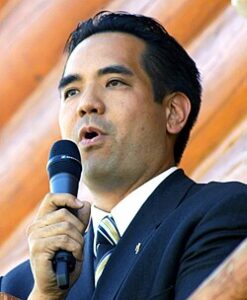 Congress has reauthorized critical funding for the Paycheck Protection Program (PPP), which was initially funded through the $2 trillion Coronavirus Aid, Relief, and Economic Security (CARES) Act in March.
Congress has reauthorized critical funding for the Paycheck Protection Program (PPP), which was initially funded through the $2 trillion Coronavirus Aid, Relief, and Economic Security (CARES) Act in March.
The first round of PPP funding provided nearly $350 billion to small business owners adversely affected by the COVID-19 pandemic. The CARES Act also funds the Emergency Injury Disaster Loan Program (EIDL), which provides working forgivable capital loans to small businesses. Both programs were depleted within two weeks of the funding.
The interim $484 billion coronavirus funding bill provides $320 billion to replenish PPP funds, and roughly $60 billion of the new funding will be allocated to small lenders and community banks. Large financial institutions were overwhelmed by the number of loan applicants, and some small business owners may find it easier to work through their community banks to apply.
The PPP loan enables small businesses to keep employees on payroll, and has allowed some businesses to stay afloat during the sharp economic downturn. The loan is forgivable if the employer can show that they have used at least 75% of the loan for payroll after eight weeks. According to the SBA, businesses with more than 500 employees in certain industries can apply for the loans. The loans will likely go quickly, so business owners are encouraged to work with their tax professionals to complete applications.
The reauthorization bill includes $50 billion for the EIDL program and $10 billion for the SBA’s Economic Emergency Economic Injury Grant program, with the balance of the funding allocated for hospitals and testing.
To help ease reopening of the U.S. economy, it is vital that states have COVID-19 testing and contact tracing capabilities. The additional $25 billion provides resources toward a comprehensive national testing program. An additional $75 billion is allocated to hospitals and healthcare providers related to coronavirus expenses.
Engineered Tax Services is committed to keeping you informed on all legislation pertaining to the effect of COVID-19 on your business. As a national specialty tax services business, we closely monitor federal and state legislation and guidance. Visit the ETS CARES Act Resource Center to stay updated through our quick navigation links.



